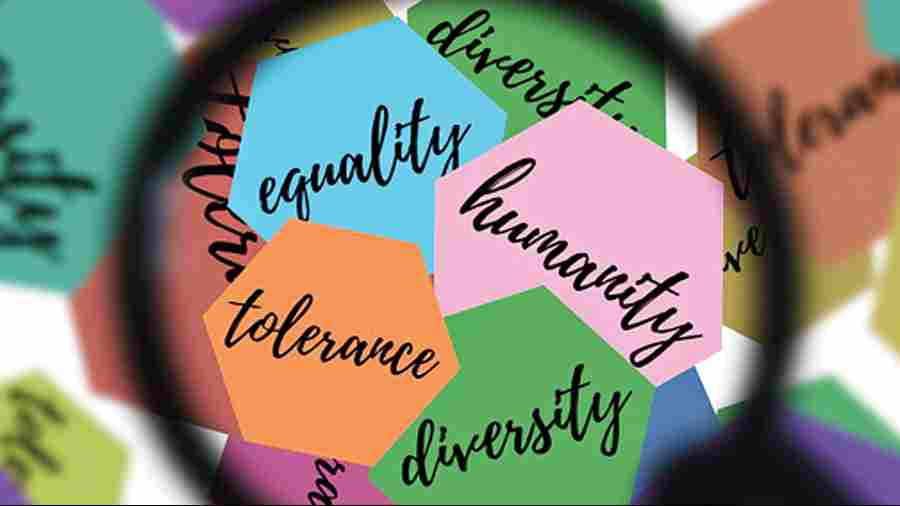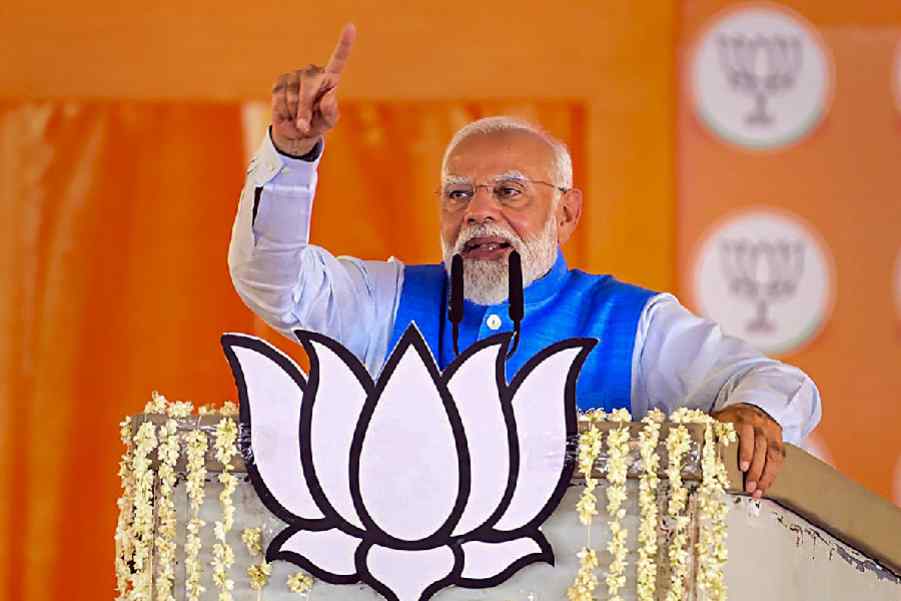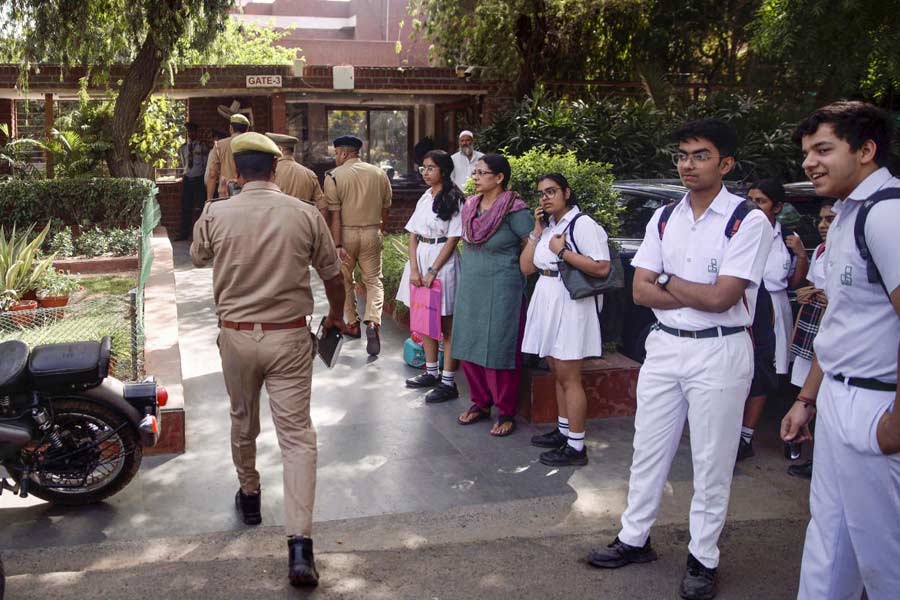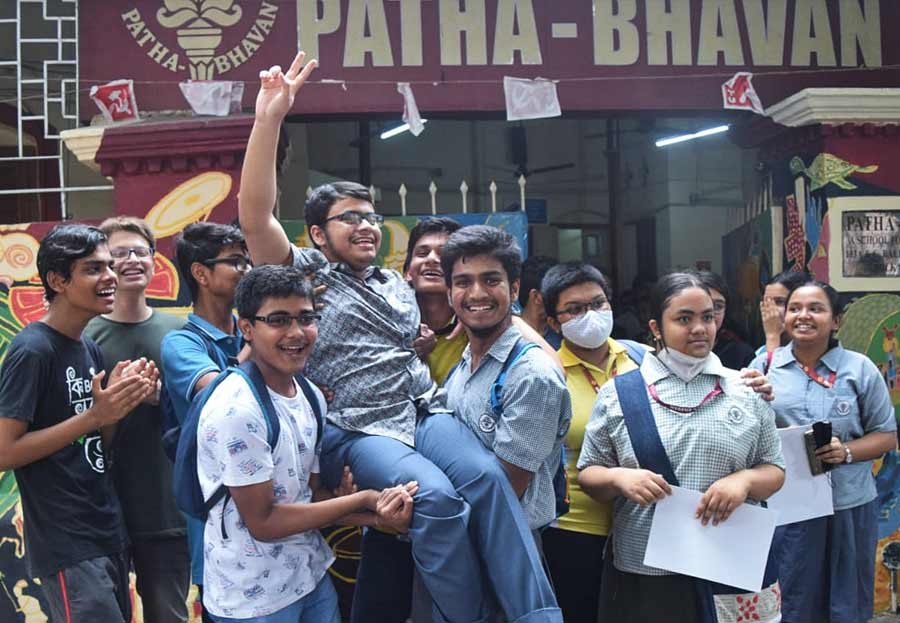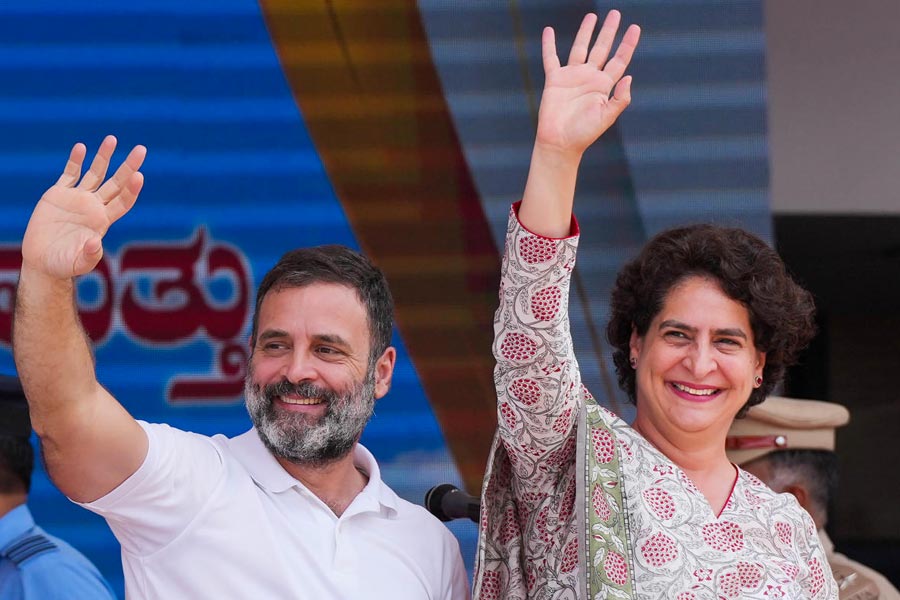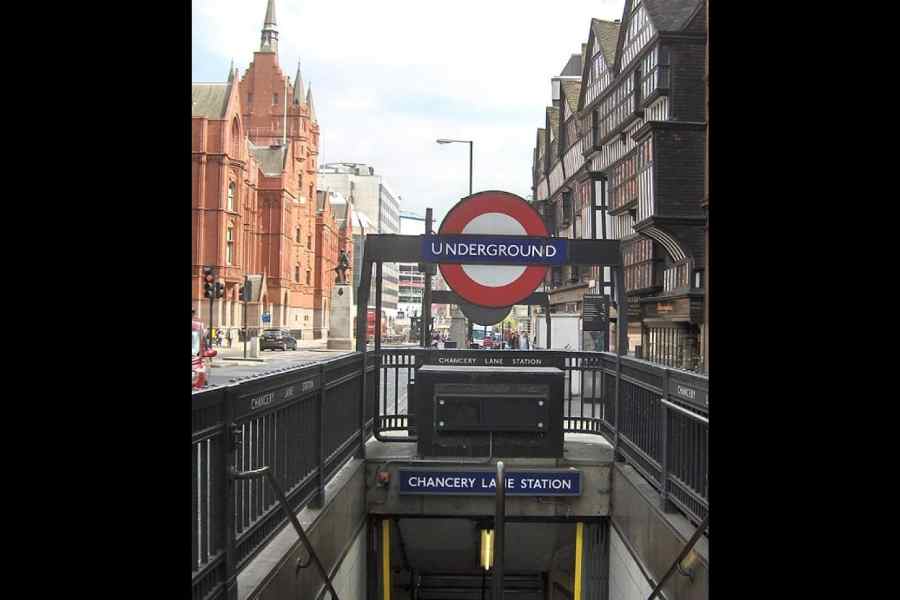The political cultivation of hatred seizes on positive concepts and alters their substance. The concepts retain their labels but begin to mean something else. In present-day India, the term, ‘secular’, has somehow come to apply to Hindu-Muslim issues almost exclusively. This is a far cry from the earlier notion of equality of all religions before the State, which did not interfere in matters of faith. The flowering of the Bharatiya Janata Party lotus through the Babri Masjid-Ram Mandir programme, and its aftermath then and later, shredded this idea of secularism and focused attention on just two religions in a multi-religious country. That the identification of political power with the majoritarian faith should culminate in the redefinition of secularism as an offshoot of the BJP brand of nationalism is no surprise — resulting in policies represented by the citizenship laws, for example. As the former Union minister, Mukhtar Abbas Naqvi, said in 2021, secularism for the Congress was a vote-hijacking machine and for the BJP a commitment to inclusive development.
With the power of secularism as a rallying cry against the BJP having been thus eroded, the mobilising of democratic and secular forces against chauvinistic Hindutva aggression must be positioned on other grounds. Secularism is directly related to diversity,of which India has many kinds: religious certainly, but also ethnic, linguistic, cultural. A new movement is now focusing on pluralism — that would include democracy’s many voices— and tolerance — the acceptance of equality. Named “Pluralist India”, the new forum would seek to bring out citizens’ opposition to the BJP’s policies and actions; it would not be led by any particular political party. The idea is to consolidate the resistance to the BJP from all Opposition parties, some of whom would not like to be seen in one another’s company and from citizens, because it is ultimately the people who will fight daily, in society and culture, the BJP’s thrust towards uniformity in belief, in nationalistic expression, in opinion, in language, in food, even in subjects of research.
Now that sessions have begun in different cities, it is important to ensure the participation of citizens through a carefully worked-out programme. Since the lead has so far been taken by present or former leaders of various political parties, people must not be made to feel that this is another stale gimmick. The vitality will come from the people; Pluralist India must grow into their front. Mobilisation and guidance may come from politicians, especially in the initial stages, but the agency must be the people’s. Neither should there emerge a perception of particular political parties banding together excluding others: this is not an electoral alliance and must be as vastly inclusive of the people as possible.With pluralism as its banner, India’s democracy may be revitalised, so that recent comparisons with its immediate neighbours about its treatment of minority populations become as meaningless as they were a decade ago.

